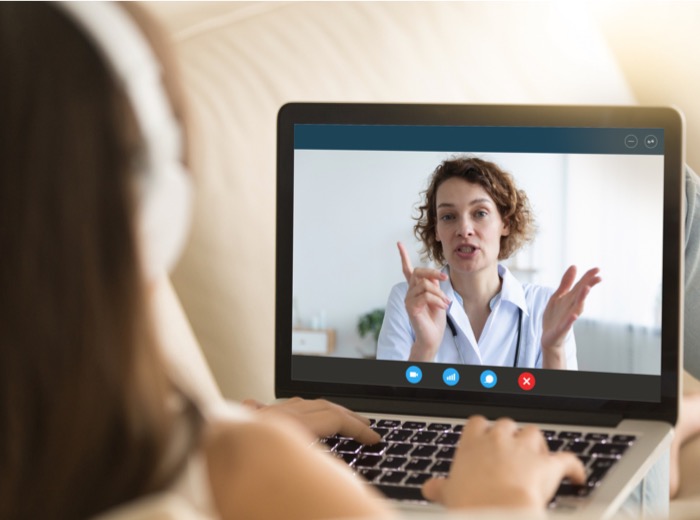Is this the road to Damascus?
In Views
Follow this topic
Bookmark
Record learning outcomes

By Lindsey Fairbrother
Given recent experience, online GP services seem to be the way forward. Minimal patient contact, easy access, no waiting time. But do they enable the same level of care? Is ‘good enough’ enough for today’s society?
Of course, it’s not just online GP services that are using remote and digital technology. Some surgeries, even before the current crisis, aimed to hold up to 60 per cent of their consultations by phone or Skype. But not everything in life should be about speed and convenience. In consultation skills training, we are taught to enable the ‘golden minute’, when the patient is simply allowed to talk. It’s an opportunity to express concerns and ideas about the cause of their illness.
Having shown an interest in what one of these remote access providers do, I sought an insight into the interview process for independent prescribers. Although the early part of the process focussed on handling routine diabetes or hypertension, with a big focus on achieving QOF, the actual face-to-face interview, conducted over video of course, presented some surprising scenarios.
I was astonished to be role playing a remote consultation with a depressive patient. I was told I had to ask the patient outright if they were considering suicide, but I worried greatly about the quality of the consultation, the inability to see the patient’s body language fully, and the time given to enable them to express their concerns.
The second scenario dealt with oral contraceptives. I questioned how the patient would have their blood pressure and BMI checked. I was told they would be asked to self-measure or report to a local clinic run by the company. As these were in only two major city locations, I thought this highly unlikely.
I can see huge benefits from digital technology in healthcare, whether it be Alexa reminding people to take their medicines, diabetes monitoring from Abbott or even biometric watches. However, I am concerned about the lack of human contact to assess patients and diagnose.
We are rapidly changing our ways of working within health, and
I am not advocating staying put and shunning progress. But we need to proceed with caution and keep patient safety at the heart of everything we do.
